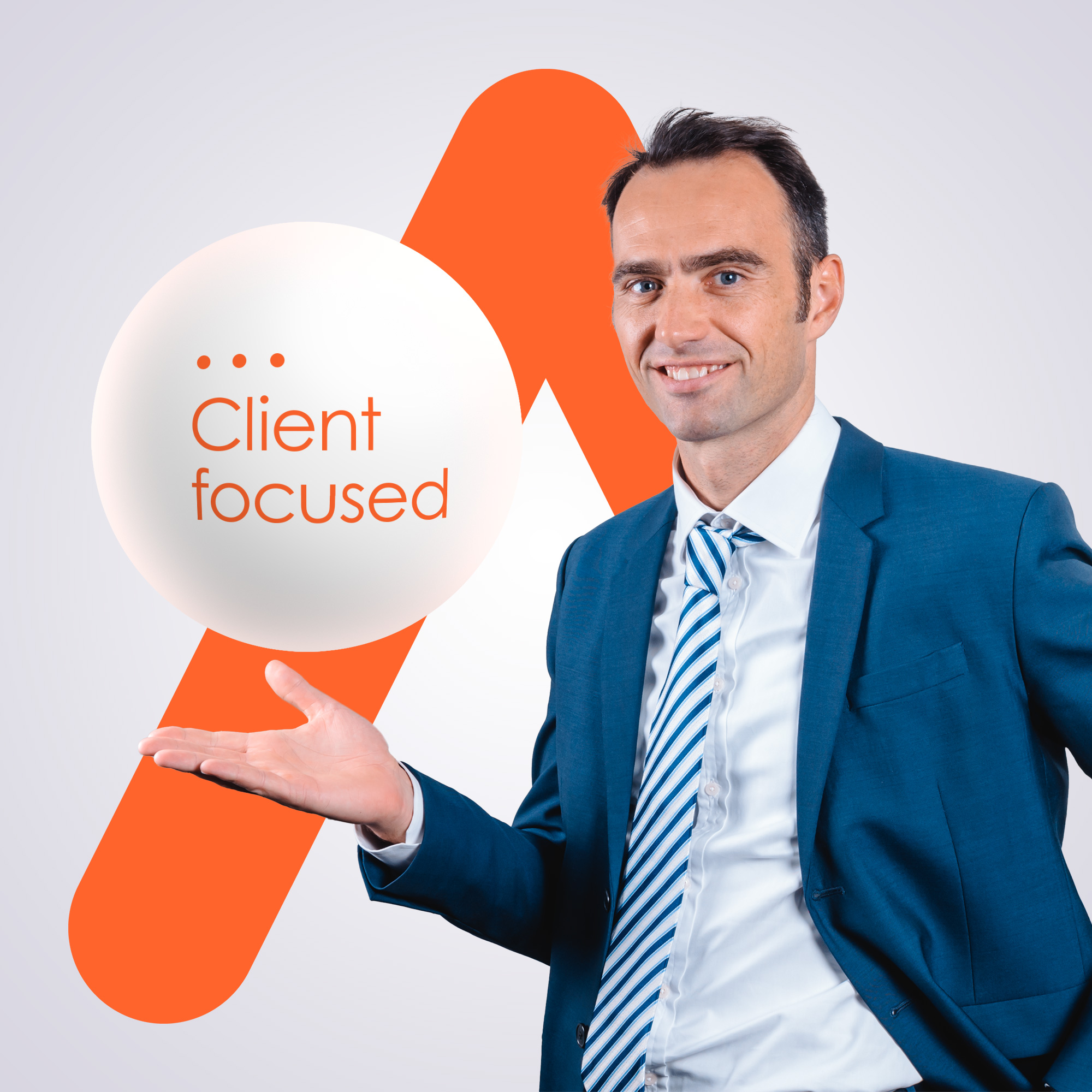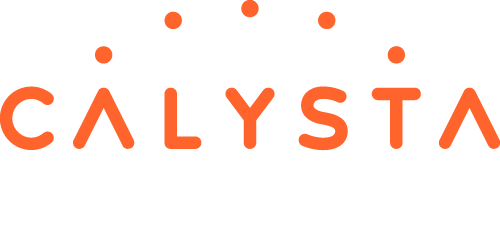
Get to know our IP specialists better : 6 questions to our Patent Attorney Johannes Wohlmuth
Johannes, you are a Senior Patent Attorney who came around quite a bit! Tell us a little more about you and why you joined Calysta after your Odyssey through Europe?
I always wanted to know how things work. This was the reason why I studied physics in Freiburg, Germany.
After university, I wanted to continue to work in science, but stay a generalist. This is how I found the career path of a patent attorney which works every week on a different technology and is always in contact with the most advanced technology. I started to work for 3 years as a patent attorney candidate at one of the biggest German patent law firms based in Munich. I studied General Law for patent attorneys at the distance university Hagen, in Germany and worked for the German patent and trademark office and the German federal patent court before becoming finally a German patent attorney and a European patent attorney.
After my qualification, I moved to Switzerland where I worked for 7 years for the biggest patent law firm in the French part of Switzerland. I qualified there as a Swiss patent attorney and, since my wife is Italian, I took also the Italian patent attorney bar to become an Italian patent attorney. In 2013, I did the Course of the university of Straßbourg for European patent litigation where I met Ludvine, one of the founders of Calysta.
2018 I moved for private reasons to Alicante where I opened my own patent law firm. I discovered quickly that with all the work I had for my clients, I alone had not sufficient time for forming my startup patent law firm into professional and modern patent law firm. This was the reason I decided to join the patent law firm Calysta which reflected my ideas of a modern, professional and innovative patent law firm
You live in Alicante and work for Calysta in Belgium, how does this work?
Yes, I live in Alicante in Spain and work from home for my clients in Belgium. The biggest part of the work of a patent attorney is reading, analysing, writing and most of the communication with clients nowadays is anyway via email, phone and videotelephony. I tele-work now since more than 2 years and I had never a client’s complaint or any other problem with this way of working. In addition, I work one week per month at the premises of Calysta in Brussel which allows me to get to know my clients also personally. Calysta supports new work models like this which underlines the modern and innovative approach of this law firm also versus its employees.
What do you like about your profession ?
Patent attorneys work at the interface between technology, business and law. This allows me to work with the newest and most innovative technologies every day, to apply law to solve the problems and questions of my clients and to dig into the business model of my clients to develop the best advise for him/her. In my opinion, a good patent attorney needs to master all three topics. This is a very challenging, but a highly rewarding. My best moments in my daily work are, when I found the best solution for a client and when my clients tell me how happy they are with my work.
What do you like about Calysta ?
Calysta brings what I think about a good patent attorney to the level of a company. Calysta joins the best minds from different technological areas like Chemistry, Pharmaceuticals, Physics, ICT, Electroncis, Mechanics and from different legal and business backgrounds like patents, trademarks, contracts, tax and business. While in conservative IP law firms, you might have these competencies in different departments which rarely speak to each other, in Calysta they work together on a regular basis. This might explain our expertise in interface technologies like Bioinformatics. We team up individually for each client depending on the background and the needs of the client.
What are the challenges for the future of your profession and how do you tackle them with Calysta ?
The competition between IP law firms gets harder. I see three topics to distinguish in the future from other IP law firms: The price, the client-orientation and new innovative services.
Many IP law firms try to reduce the price for IP services. This necessitate often to “industrialise” certain IP services like drafting patent application which often leads also to a drop in quality and a loss of individualized advice. My idea and the one of Calysta is to automate as much as possible the numerous administrational IP process to provide our clients with low costs for repetitive IP procedures and to concentrate on tailor-made consultancy for the client. This is in our opinion the real added value for the client for which he/she is willing to pay a fair price.
A more traditional IP law firm provides services without questioning the client. This leads to patents or trademark which do not cover the real product or are not optimized for the tax situation of the client. This is maybe also a consequence from the price pressure mentioned above. We in Calysta challenge the client until we have fully understood the technology and the business model and optimize the protection strategy only based on the full picture. This results in a high-quality IP service.
The true challenge for our profession will be the development of new innovative services. I do not believe that we can replace the personalized consultancy by a computer. However, there are some parts of our consultancy which might be repetitive or might follow always the same rules. We need to challenge ourselves and try to develop computerized tools which could fasten certain services so that we can provide those services at a more competitive price.
In our opinion, this is the future of our profession and Calysta is working hard on realizing this future for you.
Johannes, you speak five languages! Can you explain the reason for your multilingualism?
German is my mother tongue. Actually, in school I learned English and Latin, even if languages were not really my preferred subject. At university, I did an ERASMUS year in France where I learned French and where I met my Italian wife. She taught me over the years Italian. Later I lived and worked also 7 years in the French part of Switzerland where I was obliged to improve my French. Finally two years ago, I moved to Spain where I needed to learn Spanish.
